The Nissan Juke is a popular subcompact crossover SUV that has been in production since 2010.
While the Juke has gained a loyal following for its unique styling and agile handling, there are certain nissan juke years to avoid that have been known to have issues.
In this article, we will explore the Nissan Juke years to avoid and what potential problems to look out for if you are considering purchasing a used Juke.
The Nissan Juke faced issues in various model years, like turbo and timing chain problems in 2011, transmission issues in 2013, and AC problems in 2014-2015. Avoid these years; consider the 2020 second-gen Juke for better performance and updated features.
Table of Contents
Which Model Nissan Juke Years to Avoid?
Here are the model years of the Nissan Juke that you should avoid:

| Year | Reason to avoid |
|---|---|
| 2011 | Turbocharger and CVT transmission problems |
| 2012 | Similar issues to the 2011 model |
| 2013 | Engine failure and turbocharger problems |
| 2014 | Turbocharger problems and fuel leaks |
| 2015 | Engine failure and transmission problems |
| 2016 | Engine failure and turbocharger problems |
| 2017 | Transmission problems and electrical issues |
1. 2011:
This nissan juke first year model had several reported issues with the transmission, including failure and hesitation.
2. 2012:
Similar to the 2011 model year, the 2012 Juke also had transmission problems reported by many owners.
Here In the below image You Can see the proof 👇, one of our reader who have the problem with battery in his 2012 model !

3. 2013: 2013 Nissan Juke Years to Avoid
This 2013 nissan juke years to avoid, this model year had issues with the turbocharger, which could cause the engine to stall or fail.
Here In the below image You Can see the proof 👇, one of our reader who have the problem with mileage in his 2013 model !

4. 2014:
The 2014 Juke had several reported nissan juke issues with the air conditioning system, including leaks and failure.
5. 2015:
The 2015 Juke had similar issues with the air conditioning system as the 2014 model year. Additionally, there were reports of transmission problems and malfunctioning turbochargers.
It is important to note that not all Nissan Juke vehicles from these model years will experience these issues, but it is a risk worth considering before making a purchase.
If you are set on purchasing a used Juke from one of these model years, it is recommended that you have a trusted mechanic perform a thorough inspection before making any final decisions.
By being aware of these potential problems and taking necessary precautions, you can make an informed decision when selecting a used Nissan Juke that meets your needs and budget.
Why you should avoid (2010 To 2019) Nissan Juke model years?
If you’re in the market for a Nissan Juke, it’s important to be aware of certain model years that may have issues.
Specifically, the 2011 and 2012 models have been reported to have transmission problems and issues with the turbocharger.
These issues can lead to costly repairs down the line, making it worth avoiding these model years altogether. Additionally, some owners have reported issues with the air conditioning system and electrical problems in the 2013 and 2014 models.
While not as severe as the transmission and turbocharger issues, these problems can still be frustrating and expensive to fix.
If you’re set on purchasing a Nissan Juke, it’s best to aim for model years beyond 2019, as these have better reliability ratings and fewer reported issues.
By avoiding certain model years, you can save yourself time, money, and headaches in the long run.
Why the older Nissan Juke models (2010 To 2019) are not as good?

The older (2010 To 2019) Nissan Juke models are not as good due to the reported issues with their transmission, turbocharger, and air conditioning system.
These problems can lead to costly repairs and make owning a Juke more frustrating than enjoyable.
Additionally, newer models of the Juke offer updated features and improved performance, making them a better choice for buyers looking for reliability and longevity.
However, it’s important to note that not all Jukes from these model years will experience these issues. It’s always recommended to have a trusted mechanic inspect any used vehicle before making a purchase.
What Nissan Juke Problems do the older (2011 To 2019) Nissan Juke models have?
If you own an older Nissan Juke, it’s important to know what nissan juke problems you may encounter down the line. One of the most common nissan juke common problems reported on these models is a faulty transmission.
1. CVT transmission Nissan Juke Problems:
Owners have reported issues with the CVT transmission, such as shuddering, shaking, and a lack of acceleration.
Another issue is related to the fuel system, as some models have a tendency to consume more fuel than expected.
This can cause a drain on your wallet over time, and may need to be addressed with regular maintenance and repairs.
2. Electrical System Nissan Juke Problem:
Additionally, some Juke models have experienced problems with the electrical system, such as malfunctioning sensors, faulty wiring, and issues with the battery.
This can lead to a variety of problems, including difficulty starting the car or a sudden loss of power while driving.
3. Suspension and Steering Nissan Juke Problem:
Other issues that have been reported include problems with the suspension and steering, such as a lack of responsiveness or clunking noises while turning.
Overall, if you own an older Nissan Juke, it’s important to stay aware of these potential issues and take steps to address them as soon as possible.
Regular maintenance and inspections can help prevent many of these problems, but it’s always best to be prepared for the unexpected.
You can also watch this video:
Why the Newer Nissan Juke Models Are Better?
If you’re in the market for a new car, it’s important to consider the Nissan Juke. While the Juke has been around since 2010, the newer models have undergone significant improvements that make them a better choice than ever before.
Advanced Safety Features:

One of the biggest changes to the Juke is the addition of more advanced safety features. For example, newer models come with forward collision warning, automatic emergency braking, and lane departure warning.
These features can help prevent accidents and keep you and your passengers safe on the road.
Improved Performance:
Another reason to consider a newer Nissan Juke is the improved performance. The 2020 model comes with a turbocharged 1.0-liter engine that delivers 117 horsepower.
This may not sound like a lot, but it’s enough to make the Juke a fun and zippy car to drive. Additionally, the Juke’s suspension has been upgraded, which means it handles corners and bumps in the road with ease.
Improved Fuel Efficiency:
If you’re someone who values fuel efficiency, the newer Juke models are a great choice. The 2020 Juke gets an estimated 31 mpg in the city and 36 mpg on the highway.
This is an improvement over the previous generation, which got an estimated 28 mpg in the city and 32 mpg on the highway.
In summary, if you’re in the market for a new car, the newer Nissan Juke models are definitely worth considering. With advanced safety features, improved performance, and better fuel efficiency, the Juke is a great choice for anyone in need of a reliable and fun-to-drive vehicle.
What improvements have been made to the newer Nissan Juke models?

The Nissan Juke has been a popular crossover SUV since its debut back in 2010. Since then, the Juke has undergone a series of updates and improvements to keep up with the changing market demands and technology advancements.
Here are some of the most notable improvements that have been made to the newer Nissan Juke models:
1. Redesigned Exterior:
The newer Juke models feature a sleek and modern exterior design that is both sporty and stylish. The front grille, headlights, and taillights have all been updated to give the Juke a more aggressive look.
2. More Powerful Engine:
The new Juke models come equipped with a 1.0-liter turbocharged engine that delivers up to 117 horsepower, which is a significant improvement over its predecessor.
3. Improved Suspension:
The suspension system of the newer Juke models has been retuned for better handling and ride comfort, making it more responsive and smoother to drive.
4. Advanced Safety Features:
The newer Juke models come with a range of advanced safety features, including automatic emergency braking, lane departure warning, blind-spot monitoring, and rear cross-traffic alert.
5. Enhanced Infotainment System:
The new Juke models feature an upgraded infotainment system with a larger touchscreen display, smartphone integration, and voice recognition technology.
6. Increased Interior Space:
The new Juke models have more interior space than the previous models, making it more comfortable for passengers and cargo.
7. Improved Fuel Economy:

The new Juke models are more fuel-efficient than their predecessors, thanks to the new engine and improved aerodynamics.
8. Customizable Options:

The new Juke models come with a range of customizable options, including different exterior colors, interior trims, and accessories.
9. Better Build Quality:
The newer Juke models have better build quality and use higher-quality materials, making it more durable and long-lasting.
10. Improved Driving Dynamics:
The new Juke models have improved driving dynamics, with better steering feel and more precise handling, making it more fun and engaging to drive.
In summery, the newer Nissan Juke models have undergone significant improvements to make it more stylish, comfortable, and fun to drive while incorporating advanced safety features and technology advancements.
You can also watch this video review of this Nissan juke model:
Which Model Best Year for Nissan Juke to Buy?
The second-generation Nissan Juke, introduced in 2020, is generally considered a good choice. It addressed issues from previous models and received positive reviews for improved performance and updated features. Consider the 2020 and later models for a more reliable and enhanced driving experience.
As an assistant to car enthusiasts, we understand the importance of choosing the best year for nissan juke model.
The Nissan Juke is a popular choice for those looking for a compact SUV with a unique design and great performance.
However, when it comes to buying a Nissan Juke, the question arises: which model year is the best? In this listicle, we will explore the benefits of buying a second-generation Nissan Juke and why it is the best model to consider.
1. Fresh Design:
The second-generation Nissan Juke has a fresh design that looks more modern than the first generation. The new model has a sleeker, more aerodynamic profile that gives it a sporty look.
2. Improved Performance:
The second-generation Nissan Juke has a more powerful engine than the first generation.
The new model comes with a 1.0-liter turbocharged engine that delivers up to 117 horsepower. This means you can enjoy better acceleration and a more responsive driving experience.
3. Better Fuel Efficiency:
The second-generation Nissan Juke is more fuel-efficient than the first generation. The new model has a smaller engine that consumes less fuel, making it a great choice for those who want to save money on gas.
4. More Interior Space:
The second-generation Nissan Juke has more interior space than the first generation. The new model has a larger cargo area, which means you can easily carry more luggage or groceries.
5. Advanced Safety Features:
The second-generation Nissan Juke comes with advanced safety features that were not available in the first generation.
The new model has features like automatic emergency braking, lane departure warning, and blind-spot monitoring, which help you stay safe on the road.
6. Better Technology:
The second-generation Nissan Juke has better technology than the first generation.
The new model comes with a touchscreen infotainment system, Bluetooth connectivity, and a rearview camera, making it easier to stay connected and entertained while driving.
7. More Comfortable Ride:
The second-generation Nissan Juke has a more comfortable ride than the first generation. The new model has a smoother suspension system, which means you can enjoy a more comfortable ride even on bumpy roads.
8. Better Resale Value:
The second-generation Nissan Juke has a better resale value than the first generation. The new model is more popular and has a higher demand, which means you can get a better price if you decide to sell it in the future.
9. Affordable Price:
Despite having more advanced features and better performance.
What is better Nissan Juke petrol or diesel?
When looking for a car, it’s important to consider all of your options. One of the most important decisions you’ll have to make is whether to choose a petrol or diesel engine.
In the case of the Nissan Juke, the choice between petrol and diesel depends on your specific needs and preferences. Let’s take a closer look at both options.
First, let’s consider the petrol engine. The Nissan Juke petrol engine is known for being smooth and quiet, providing a comfortable driving experience. It’s also typically less expensive to maintain and repair compared to a diesel engine.
However, petrol engines do tend to have lower fuel efficiency and emit higher levels of CO2 emissions than diesel engines.
On the other hand, the Nissan Juke diesel engine is known for its fuel efficiency and lower CO2 emissions. Diesel engines typically have better fuel economy, meaning you’ll spend less money on fuel in the long run.
Diesel engines also typically have more torque, making them better for towing or hauling heavy loads. However, diesel engines tend to be more expensive to maintain and repair compared to petrol engines.
Our top recommendation for an engine would be the 1.5 diesel. if you’re looking for better fuel efficiency and lower CO2 emissions.
However, if you prioritize a more comfortable and quieter driving experience with lower maintenance costs, then the petrol engine may be the better option for you. Ultimately, the choice depends on your specific needs and preferences.
How Many Miles Will a Nissan Juke Last?
When properly maintained, a Nissan Juke can last up to 200,000 miles or more. Regular oil changes, tire rotations, and other routine maintenance tasks can help extend the life of your vehicle.
It’s also important to address any issues or problems as soon as they arise to prevent further damage.
Additionally, driving habits and conditions can affect the lifespan of your car. Consistently driving at high speeds or in extreme weather conditions can put more stress on your vehicle and reduce its longevity.
Is Nissan Juke Expensive to Maintain?
The Nissan Juke is not considered an expensive car to maintain compared to other vehicles in its class. According to latest survey, The car has an average total annual cost for repairs and maintenance of $548, according to RepairPal.
This includes all regular maintenance services such as oil changes, tire rotations, and brake pad replacements.
Of course, the cost may vary depending on the age of the car and its condition. However, overall, the Nissan Juke is a reliable car with affordable maintenance costs.
Nissan Qashqai Years to Avoid:
Potential concerns have been identified with Nissan Qashqais produced between September 2015 and March 2018. During this manufacturing period, specific issues have been reported, necessitating a cautious approach for prospective buyers.
While the exact nature of the problems may vary, it is recommended to delve into detailed consumer reviews, expert assessments, and any available recall information to gain comprehensive insights into the issues associated with Qashqais from this timeframe.
To ensure a well-informed decision, engaging with automotive professionals or consulting with trusted sources in the industry becomes crucial.
Thorough research and consideration of these factors will aid in making a prudent choice, taking into account the reported problems during the mentioned production span.
Conclusion and final thoughts 💭
In conclusion, the Nissan Juke is a great car that offers unique design, advanced features, and excellent performance.
The second-generation Nissan Juke is the best model to consider due to its fresh design, improved performance, better fuel efficiency, more interior space, advanced safety features, better technology, more comfortable ride, better resale value, and affordable price.
When it comes to choosing between a petrol or diesel engine for your Nissan Juke, it’s important to consider your specific needs and preferences.
Both options have their advantages and disadvantages. Ultimately, the Nissan Juke is a reliable and stylish car that is suitable for those who want a compact SUV that stands out from the crowd.
Disclaimer:
This article on Nissan Juke Years to Avoid is intended for informational purposes only. It does not aim to harm Nissan’s reputation, but rather to provide insights based on reported issues. Readers are encouraged to conduct their own research and seek professional advice before making any car purchasing decisions. The author and publisher disclaim any liability for damages arising from the use of this information.
Latest Posts:
- Can WD-40 Remove Scratches on Cars? (Hint: Yes, but…)
- Can You Use a Drill to Polish Your Car? (We Tried it Out!)
- Should You Cover Car Scratches With Stickers? (REVEALED!)
- Buick Service Stabilitrak: (Causes & 100% Guaranteed Fix!)
- Common Holden Trax Problems (Causes & 100% Proven Fixes!)
- Jeep Commander Transmission Over Temp: (Guaranteed Fix!)

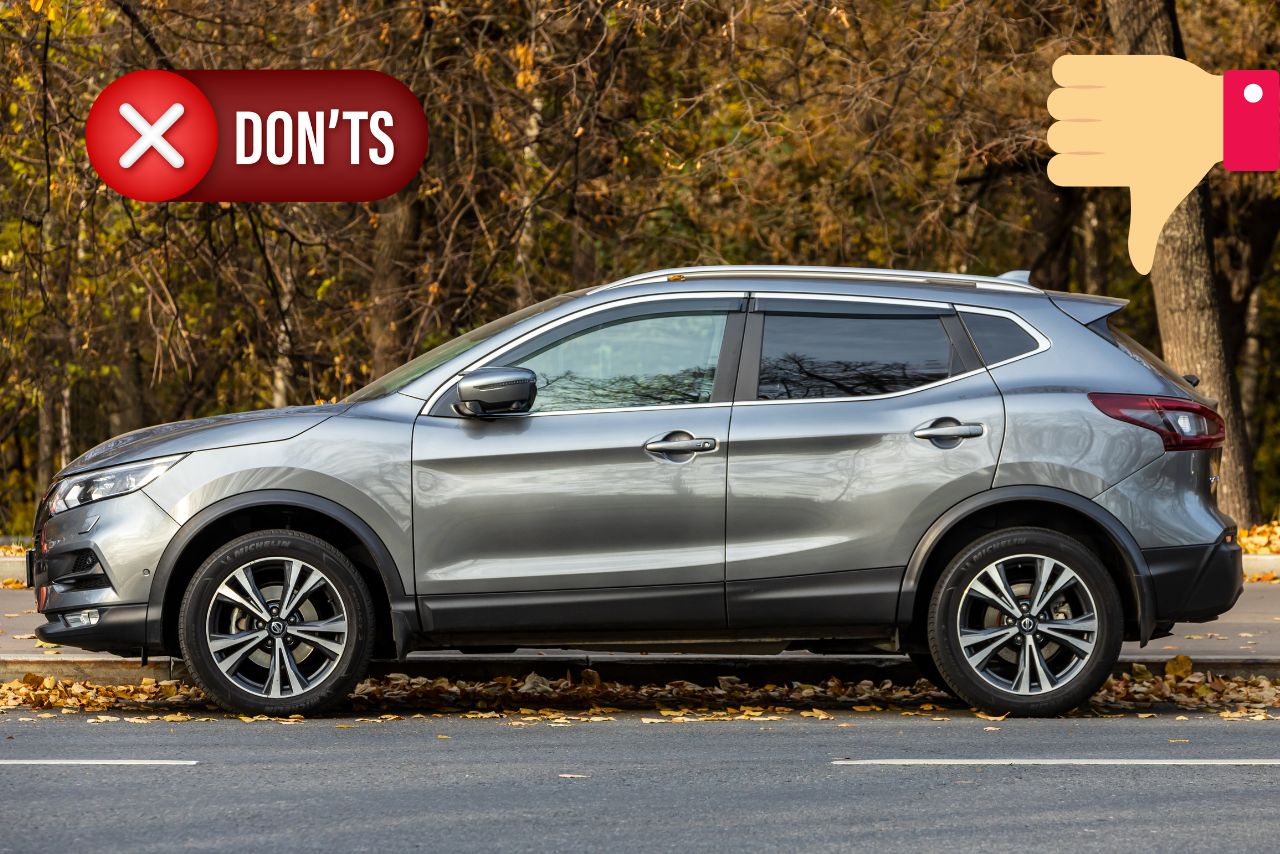


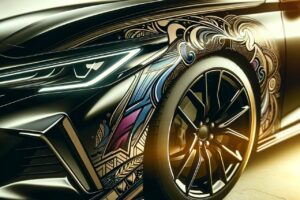

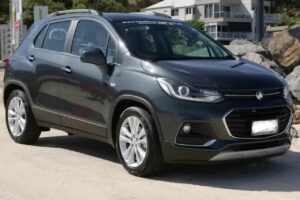
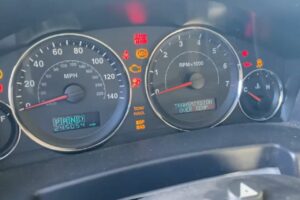
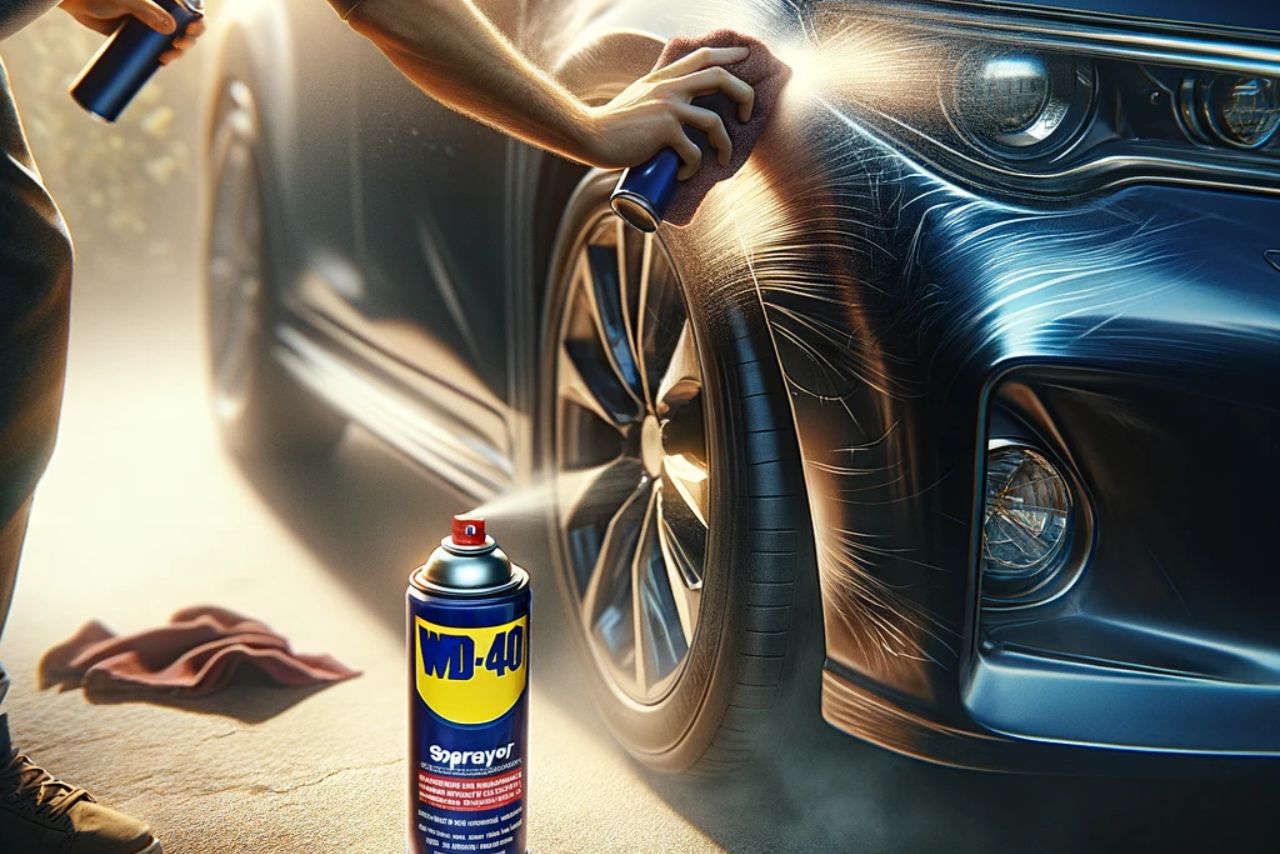
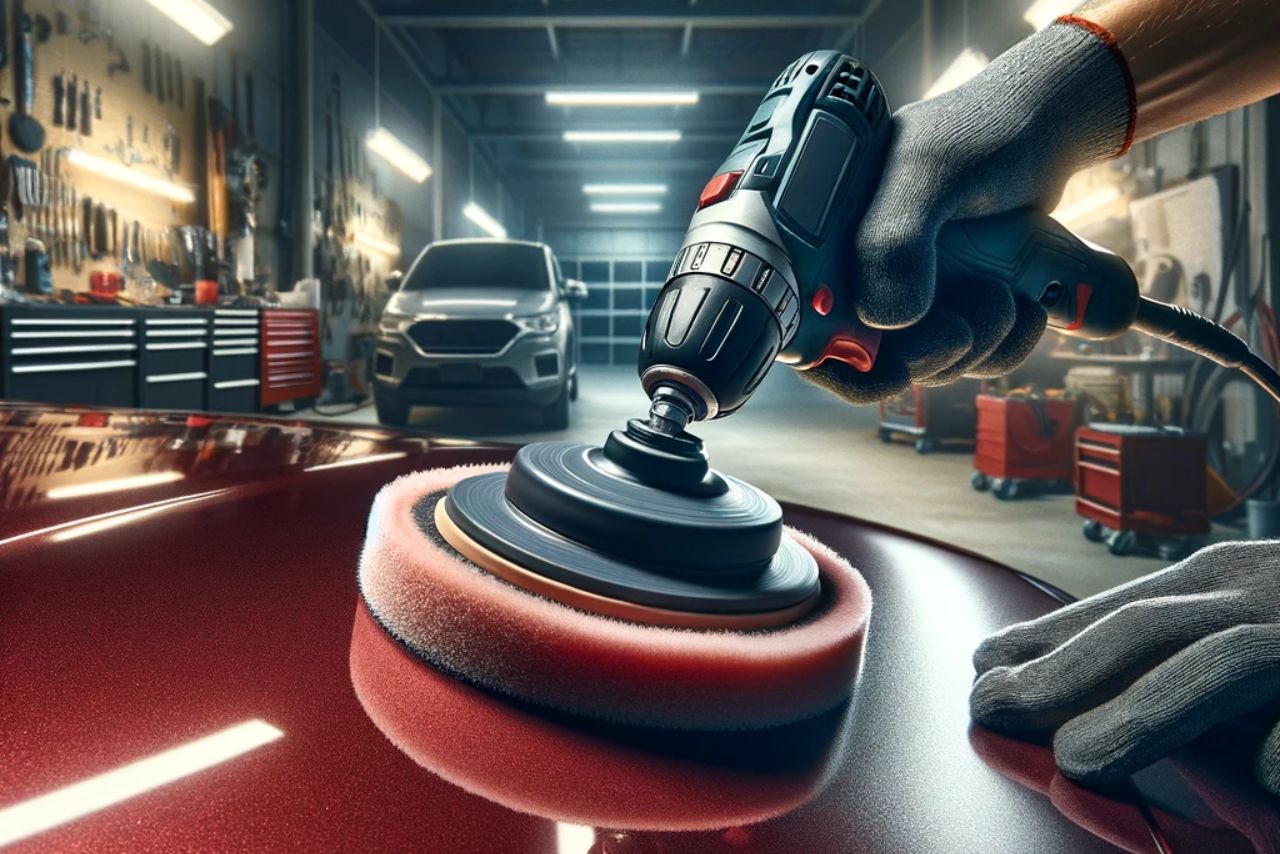
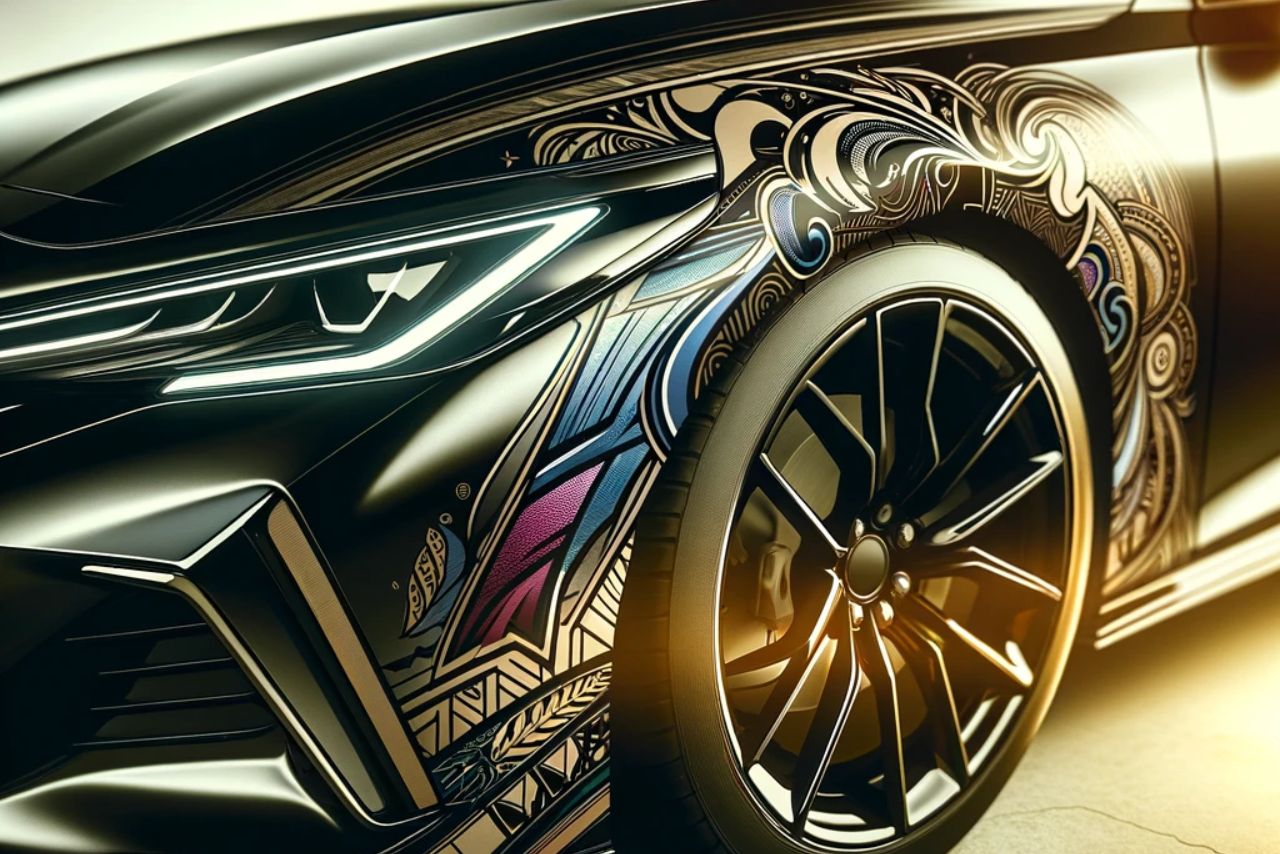

Leave a Reply